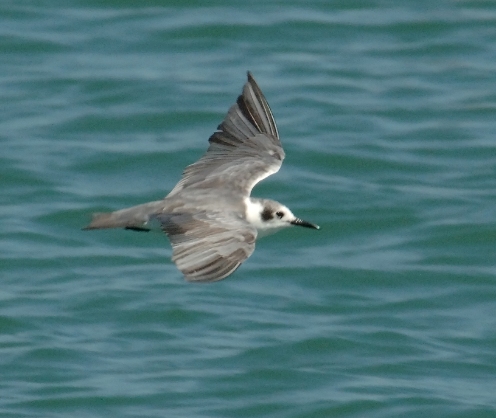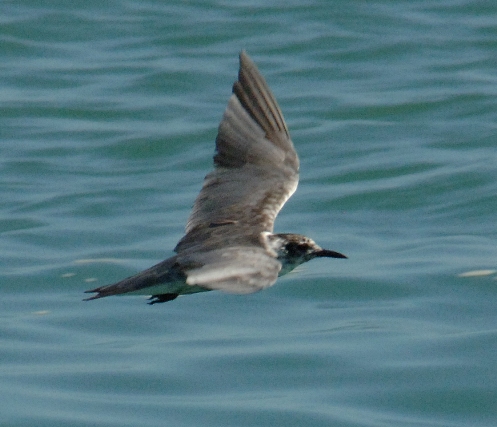
If you live on or around the Gulf of Mexico, particularly that segment in Texas, the answer is everything. Consider the black tern. Black terns are a marsh-nesting bird, breeding in the Northern American interior away from the coasts. This tern is a migrant along our Gulf coast, thus we only see them as they come or go. Fall flocks can number in the tens of thousands, and such aggregations have been noted at tidal flats such as San Luis Pass for over a century.
Yet in mid-summer, for example late June, black terns are found in sizable numbers along our coast. They do not breed here. They do not winter here. These are nonbreeders, mostly young birds, that migrate only as far north as the Gulf before settling in for the season.

With the Gulf Gusher still spewing offshore, wouldn’t it be important to know how many of these black terns are summering along our coast? This tern is a Category 2 Candidate for the U.S. Endangered Species List, and is either listed or is being closely monitored in states along its southern breeding range. Surely these young birds are important to the future of the species, and they are, at this moment, at risk.